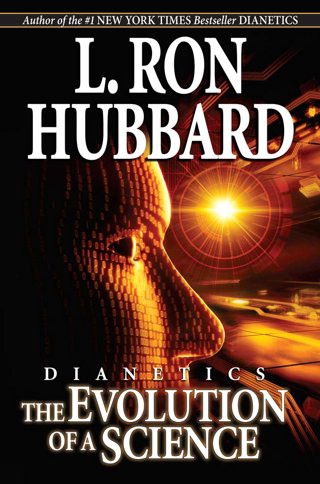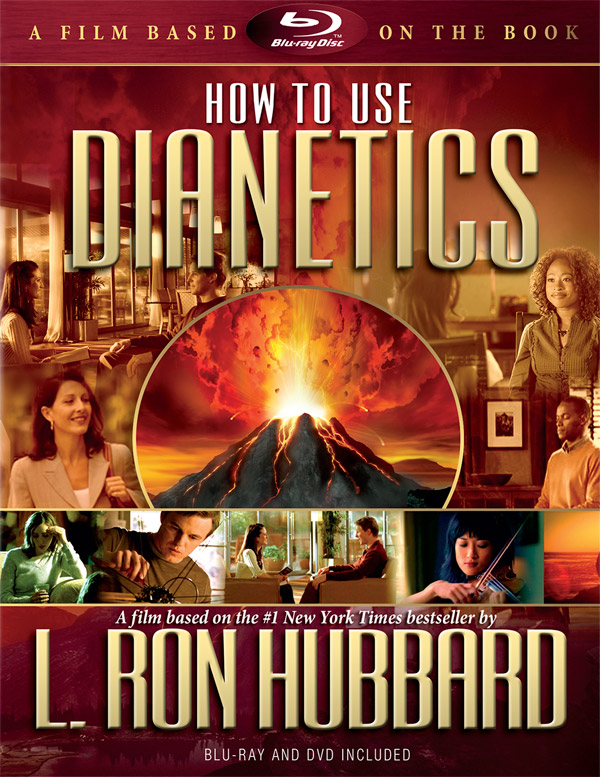Top Guidelines Of Dianetics
Wiki Article
Our Dianetics Ideas
Table of ContentsThe Single Strategy To Use For DianeticsUnknown Facts About DianeticsThe Ultimate Guide To Dianetics9 Easy Facts About Dianetics Explained
I could not ever not intend to obtain anything that enters your mind for you- if it was or else, I wouldn't be sitting below with you, doing this. I not only can never have a problem, or not want to hear something that enters your mind for you, but I'm totally anxious to know every idea, every thought, every picture or feeling that emerges or materializes for you- don't ever think or else, and if for one reason or another you do, please simply allow me understand! Often, you may have an idea, and photo, idea or event turn up that does not seem to respond to the inquiry, or associate with it, yet nevertheless, always do tell me concerning it, and as we continue, the significance will arise for you.This is intrinsic in the basis of processing, and the topic of this discussion: the basic roles of the counselor and the client: The basic function of the therapist is, unlike "common training", not to control, which implies to impose and/or inhibit, but to instead function from the basis of EMPOWERING THE CUSTOMER.

More About Dianetics
John Mcmasters expressed this basic truth splendidly well in one of his lectures on Power processing, where he clarifies how he was asked what this "unique flair" was that he had for providing such great sessions; he needed to assume concerning that for a moment, and found that it was what he wasn't doing, in addition to what he was doing: he wasn't reviewing, judging, computer, or in truth, creating any type of thoughts, allow alone verbal expressions, after giving the command and while waiting on the computer to finish their answer to their complete satisfaction; he was, just and only, being present with the PC, and completely interested.The role of the therapist, demonstrated; that was his "special knack". I have actually had my own experience which educated me this well, really early on in the game. In 1982, having actually recently completed my training and teaching fellowship on New Period Dianetics, I was running this on a COMPUTER, and there was a point in the session where (being a little bit damp behind the ears not yet having several hours under my belt as an expert auditor) the PC appeared to be "taking as well lengthy" to share anything vocally after I gave him a command.
This key transformed out to be the most valuable contribution that John ever before made to the subject of treatment or auditing (Dianetics). In my simple opinion, it is the greatest contribution that any person has ever made to these subjectsthe application is completely non-judgemental, non-evaluative, and devoid of any recommendation, hop over to here advice or opinion.no preconceived schedule for people, or 'levels' that they have to do
In Scientology we prided ourselves on not examining for people. All that truly indicated was that the auditor did not Vocally assess for the PC in session.
Some Known Facts About Dianetics.

Any individual that had actually ever seen John audit might not help yet notice a special high quality in his bookkeeping."The customer's fundamental duty is to be there with the function of relocating the direction of their spiritual objectives, and to easily and totally share and experience whatever shows up for them in answering the questions and carrying out the directions in the processing.
This is something to procedure as needed. Yet also, people often have previous experience and/or indoctrination in auditing/processing which, somehow, and to some levels, really misleads them into mindsets, ideas and behavior patterns that protect against the full realization of these functions, therefore they will have a tendency to inhibit the expressing of what comes to mind, as in the instances given over. * The initial, and perhaps foremost instances of mis-indoctrination bring about much less than completely smooth and efficient sessions, can be discovered in particular elements of the training routines, or "TR's":"TR's" are typically a person's initial, or a minimum of early, experience in Scientology, and while I will certainly take place to describe what I view as the imperfections in principle and method, nevertheless, often tend to be significantly restorative, done as they are provided (Hubbard firmly insists that "TR's are not refining, they are training", but factually, they are both processing AND training)
Alan Walter made comparable monitorings, and boosted on these with his "Existence Processes". There is no "failing", and no denial of the truth of this being processing. The focus, as it needs to be, is on experiencing the various other individual's existence. All the indications which obtain a "fail" in doing "TR-0" are just the being's initiatives to withstand the various click site other person's existence, and instead of being bothered and badgered with "Flunk", which enforces "failure!" on the being, one simply needs to be urged to "stick their feet in the water a little much deeper", to progressively restore their ability and willingness to totally share and experience "being below", or "presence", with others.
Not known Facts About Dianetics

Report this wiki page